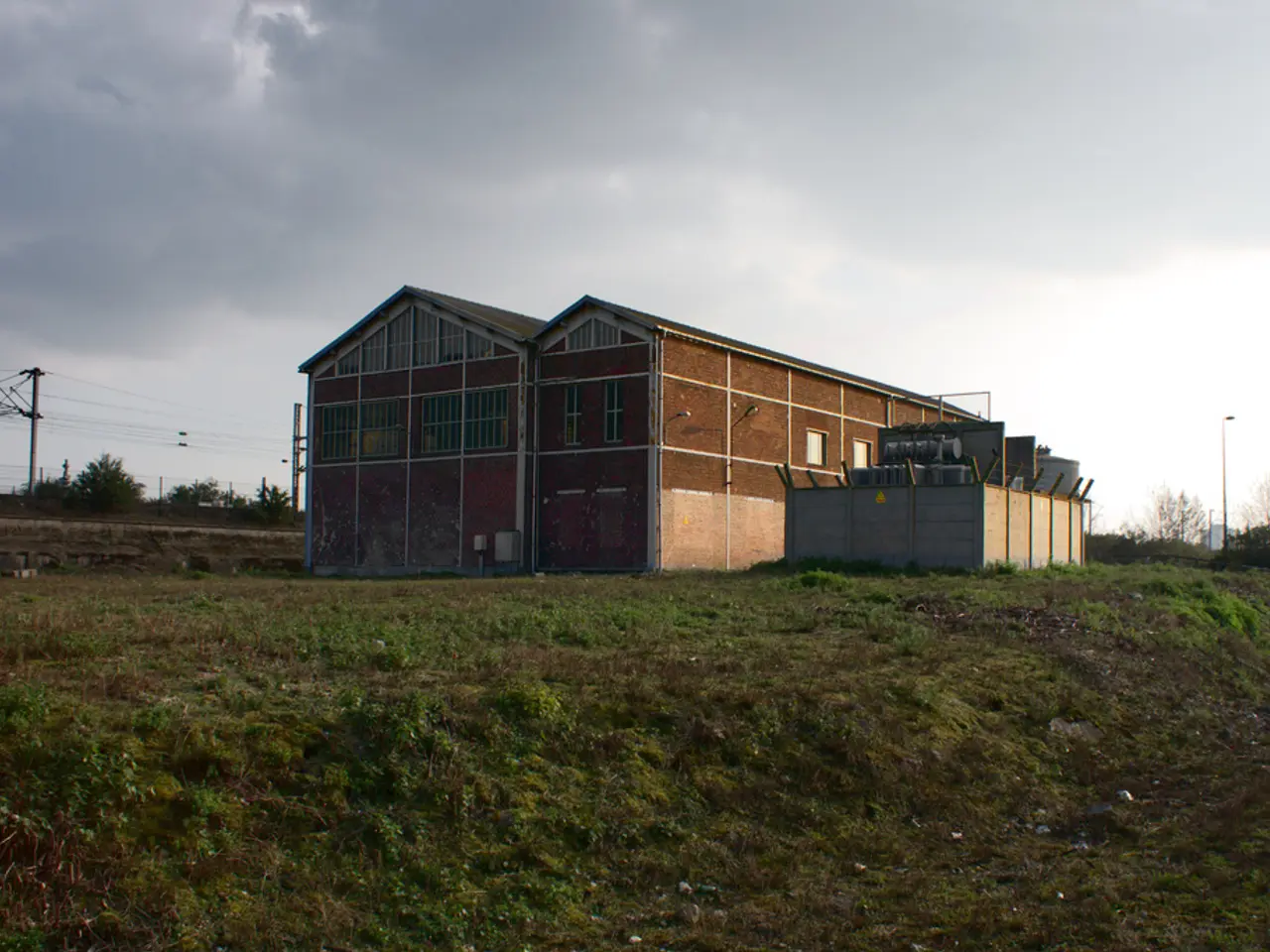Homeowners in Britain swiftly adopting eco-friendly home improvements
In a recent survey conducted by YouGov, it was revealed that a significant majority of Britons are embracing sustainability in their homes. Gavin Murray, Hive and EV director at British Gas, highlights the potential of net zero technology to help homeowners track energy usage, set schedules, and keep costs down.
The survey found that 55% of respondents agree that homes should be made more sustainable, with 47% already making changes to their current homes to make them greener. This shift is evident in the increasing number of homes equipped with smart meters, with 37% of those who made changes installing one. In fact, 57% of households in the UK now have a smart meter.
One of the top selling points for homes in the UK, according to the survey, is solar panels, with 68% of respondents expressing interest. Good roof insulation follows closely behind, with 67% considering it a desirable feature. The survey also revealed that smart home technology, such as a smart heating system (62%) and a smart energy meter (48%), are important considerations for respondents.
The survey further revealed that 39% of participants want to install a home EV charger, indicating a growing interest in electric vehicles (EVs). However, concerns about EVs, such as their inability to cover enough miles without recharging, taking too long to charge, and the price of electricity overtaking the price of petrol, are deterring some people from making the switch. Currently, only 4.5% of people in the UK own an electric car.
The survey also highlighted the importance of clean tech and decarbonisation, with natural lighting, wooden flooring, and reclaimed woodwork being less important considerations. This aligns with the fact that buildings are currently responsible for 39% of global energy-related carbon emissions.
In response to this, more housing development companies have pledged to use more sustainable materials when building new houses. Moreover, over two-thirds (69%) of respondents would invest in their current home to make it more sustainable. In fact, 33% of those who made changes have upgraded their roof insulation, while 34% have installed energy-efficient lighting.
However, the government's planned rollout of smart meters is falling behind, a concern that may hinder the UK's transition towards a more sustainable future. Inflation, which has been impacting mortgage repayments and fuel bills for homeowners in 2023, further complicates this transition.
Despite these challenges, the survey offers a promising outlook for the future of sustainable living in the UK. With a growing interest in smart home technology, EV chargers, and eco-friendly homes, it seems that the UK is moving towards a greener future.
Read also:
- Pharmaceutical corporation to invest $30 billion in U.S. for increased natural gas production
- Demonstrating Carbon Capture in Agroforestry Through Digital Measurement Verification (MRV)
- Dinesh Master's Expedition: Acquiring Mango Orchard through Our Online Platform
- Solar panels decreasing expenses and aiding ecological preservation







